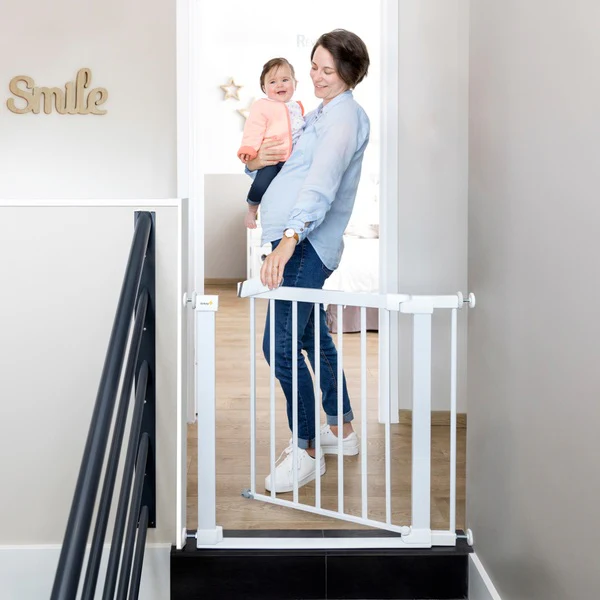Transitioning from a crib to a bed is a significant milestone in your child’s development. It can be both exciting and challenging for both the child and parents. To ensure a smooth and safe transition, consider these essential tips:
Timing is Key
Timing plays a crucial role in the transition process. Most children are ready to move from a crib to a bed between the ages of 2 and 3 years old. Look for signs of readiness such as climbing out of the crib, showing interest in a regular bed, or needing more space to sleep. Transitioning too early can lead to disruptions in sleep and increased anxiety, so it’s important to wait until your child demonstrates readiness.
Involve Your Child
Involving your child in the transition can make the change more exciting and less intimidating. Allow them to help pick out their new bed, bedding, or even a special pillow. This involvement not only gets them excited about the new arrangement but also helps them feel a sense of ownership and control over their new sleeping space.
Safety 1st

Safety should be your top priority when transitioning to a bed. To prevent falls, use bed rails on the sides of the bed. These rails act as a barrier and provide peace of mind that your child won’t accidentally fall out of bed. Additionally, choose a bed that is low to the ground to minimize the risk of injury if your child does fall. Ensure that the mattress fits snugly in the bed frame to avoid gaps that could pose a risk. Safety 1st Bed rails are available at Dis-Chem Baby City, Clicks, Takealot.com and other major retailers.
Keep a Routine
Maintaining a consistent bedtime routine can provide comfort and stability during this transition period. A routine, such as reading a book or singing a lullaby before bed, helps signal to your child that it’s time to wind down and prepare for sleep. This continuity helps ease the transition and can make the new bed feel more familiar.
Room Proofing
Childproofing the room is essential to ensure a safe sleeping environment. Check for and eliminate any potential hazards such as sharp corners, small objects within reach, or unsecured furniture. Install outlet covers and secure any cords or blinds to prevent accidents. A well-proofed room provides a safe space for your child to explore and sleep.
Comfort Items
Introducing comfort items can help make the new bed feel cozy and inviting. Incorporate your child’s favorite blanket, stuffed animal, or other comfort objects into their new sleeping arrangement. These familiar items can provide a sense of security and ease any anxiety associated with the new bed.
Patience is Crucial
Transitioning from a crib to a bed can come with challenges, including resistance or regression in sleep patterns. Be patient and understanding as your child adjusts to the new routine. It’s normal for children to experience some setbacks and providing reassurance and consistency will help them adapt over time.
Baby Safety Gates

An often-overlooked aspect of transitioning to a bed is ensuring safety outside of the bed itself. Baby safety gates can be a valuable addition to your safety measures. Placing a gate at the bedroom door or in areas where your child might wander during the night can prevent potential hazards and keep them safe. Ensure that any gates used are properly installed and meet safety standards to prevent accidental openings or falls.
By following these tips and prioritizing safety, you can help make the transition from crib to bed a positive and secure experience for your child. With a thoughtful approach, patience, and attention to detail, you’ll set the stage for many restful nights ahead.




